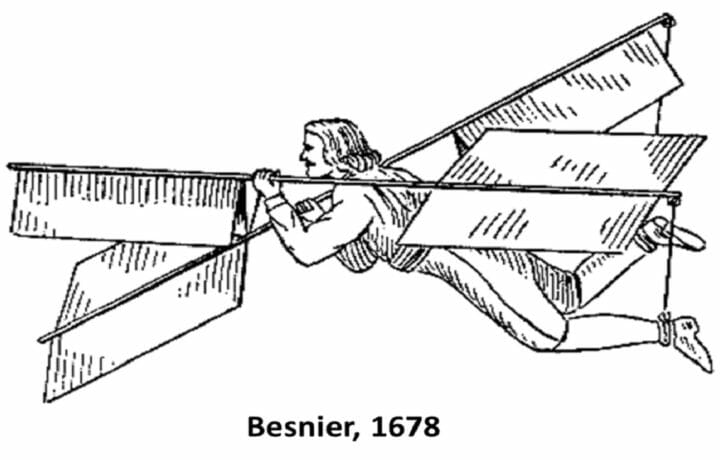Your organization may not talk about failure often, but it’s almost guaranteed to experience it. Whether you’re a program manager for the government or an office manager in the commercial sector, there were likely a series of misfires or mistakes that created lessons learned that are still being used today.
The ClearanceJobs book club recently read Lift, the latest book by Dan Ward, an author and innovation catalyst at MITRE Corp. The book outlines the history of aviation through the lense of the flying machines of the late 1800s and the innovators who were looking to tackle the seemingly impossible problem of human flight.
“They were not the ones who won, but they made progress,” said Ward, in a recent Facebook Live discussion.
History Behind Our Progress
The five inventors Ward discusses were willing to risk failure – and even their lives – for the sake of progress. Each of them made accomplishments and discoveries that contributed to the Wright Family’s history flight in Kitty Hawk.
“The people who made the most progress were the collaborators and bridge builders, the includers and inviters, the broad-minded generalists and discipline blenders,” the book notes. “The people who had the hardest time were the isolated excluders, the narrow-minded specialists, and the arrogant purists.”
While Ward’s book follows the accomplishments of five male inventors, he takes the time to note that women did contribute – including Katharine Wright, sister to Orville and Wilbur, and a key voice encouraging the brothers and supporting their aviation pursuits. Despite scouring history, Ward was unable to find a female inventor and engineer who was a part of the aviation movement of the late 1800s. There are several reasons for that, but whatever the reality, it’s one worth lamenting.
“Excluding women meant the whole field of aviation developed much slower than it would have under more exclusive circumstances,” said Ward. “Diversity of thought, experience, ideation, and perspective is a vital ingredient for innovation.”
Ideas Lead to Action
The book is riddled with pictures and designs of flying machines. Both the front and back cover are graced with images Ward discovered in a book written in 1894, by an American railway engineer, Octave Chanute. Progress in Flying Machines examined 400 years of failed experiments in aviation, and included a pictograph of aviation failure to go with it. Some designs are impressive. Others are simply odd. But all represented ideas in action that led to the accomplishments in aviation that were ushered in during the 20th century.
What all of the inventors had in common was a strong desire to making the world a better place, and a willingness to crash and fail in order to do it.
“Study failure,” said Ward. “But I hope my book shows that the best thing any of us can do is to consistently show up and commit ourselves to building teams that are diverse, are welcoming. If we’re satisfied with very superficial or minimal levels of diversity, we’re really missing out. A key theme of the book is studying failure, but it’s also building a strong, diverse, collaborative team.”
Experiment and Learn
The Wrights may make it into the history books for their historic first flights, but those accomplishments came on the heels of a number of spectacular failures. In a final recommendation at the end of the book, Ward notes that while his book celebrated the lessons that can be learned by studying failure, there is one thing it doesn’t advise – and that’s taking risks. The inventors profiled were many things – businessmen, inventors, engineers, collaborators – but they were not risk takers. They carefully considered the problem, and devised solutions. They experimented, Ward notes. They didn’t take risks.
Every company today struggles with challenges – this was the case pre-coronavirus, and if companies learn nothing from the rush to solve complex problems quickly, it’s that they’ll need to be willing and able to quickly learn from their failures. Lift is a great team-building book to help you consider hard problems. Goodness knows we have a few.



